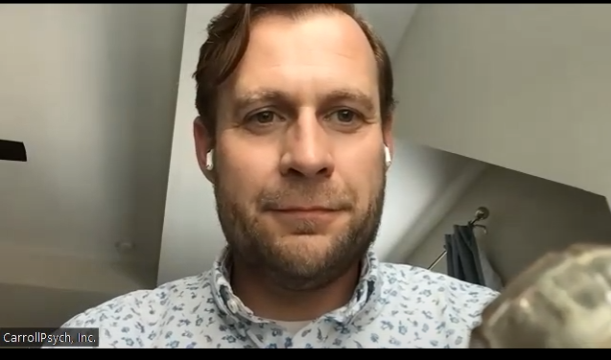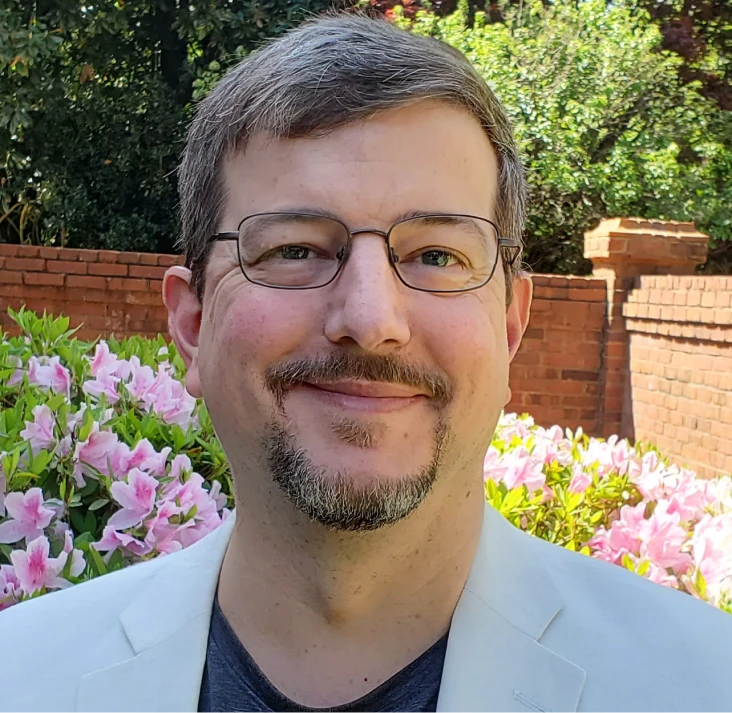Often, I see that people have an idea of their potential, but just as often are not sure how to realize it. This can be a function of inexperience, fear of failure, or not understanding how to leverage their talents for success. Others remain ignorant of what they can accomplish, maybe because they have never been encouraged or supported to grow in the past.
In all these cases, coaching can help. And that’s one of the main reasons I enjoy coaching.
As I wrote about in my last article, I like to focus on coaching the best. That does not mean, however, there is no room to help people who do naturally fit into that category grow. I have seen mediocre employees become excellent in their jobs when given the right opportunities to use their particular talents.
Success in those instances depends on matching human potential with the corresponding organizational needs. As a leader, that is your job.
One example that stands out is a young man I will call John. He was a therapist and not happy in his work. Every day was a grind. He struggled to meet his number of visits, his documentation was poor, and he was always behind. The reality: John was going to be shown the door in the not too distant future.
As his manager, I wanted to salvage the situation. I met with John to understand his goals, how he viewed work and his future. Basically, I wanted to know his dreams. We met and it was quickly clear that he was not getting to do the therapy he wanted. He was doing almost all intakes, with limited individual therapy time, which was his passion. He had the skill set to be a fine therapist, but he was stuck doing assessment after assessment.
I had the power to change his schedule to allow afternoon therapy slots, while he still did intakes in the morning. I mentored him on documentation that would support his therapeutic interventions and a longer duration of therapy.
After six months, John was an engaged employee, excited to come into work. His performance had improved across the board, and he was contemplating developing a private practice in the evenings. He was now using his strengths for success. Sometimes, you need to help people find their best fit.
There are few things as crushing at work as knowing you have potential and there is no path for you to reach it.
I remember working with a front desk staffer who was stuck in her job. She was good at it, but her growth was limited. Now, while I wish I could take credit for what happened, this was a time I simply watched and learned.
The organization needed someone to manage a new system of patient assistance. She was tapped to work with the pharmacy to design and run the system. Not only did she use her stellar customer service talents to the fullest, her aptitude for organization was tested to the limit and she succeeded without a hitch. She just needed a chance.
I never cease to be amazed how people bloom when the demands of their job sync with their special talents.
There are people unwilling to do what it takes live up to their potential. You can identify them when you find you are working harder than they are to help them grow. That ‘s when it’s time to move on.
Find the people who work for you who want to improve and increase their engagement in the organization, and help them link their talents to their tasks. I promise, it will be a win-win outcome.
And there is no better feeling for a boss than to know you had a little something to do with their successes.
Bryan G. Stephens is a former executive on a mission to transform the workplace. He is the founder and CEO of TalkForward, a consulting and training company, utilizing Bryan’s clinical and management expertise to develop managers and teams in a corporate environment. As a licensed therapist with strong understanding of developing human potential, he is dedicated to the development of Human Capital to meet the needs of leaders, managers, and employees in the 21st Century workplace.
Bryan has an Executive MBA from Kennesaw State University, Coles School of Business, and both a Master’s and Bachelor’s degree in Psychology.






